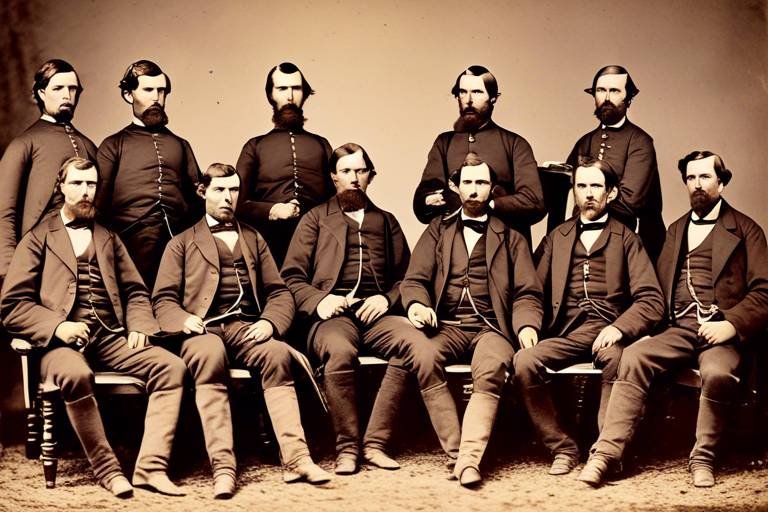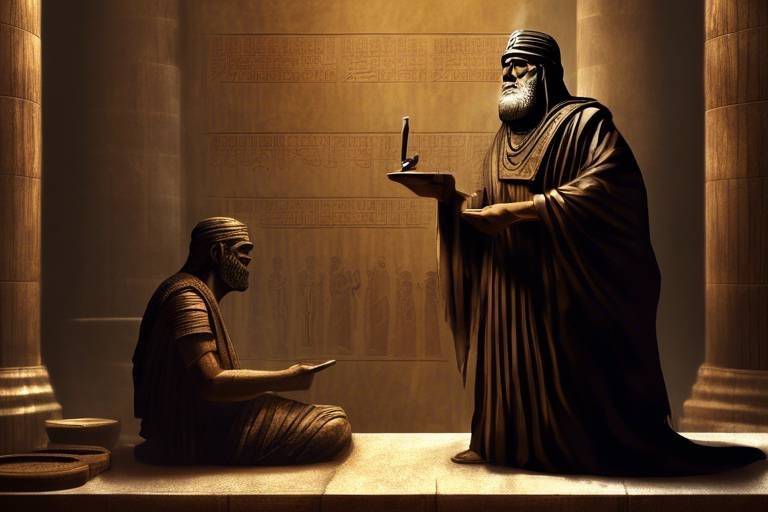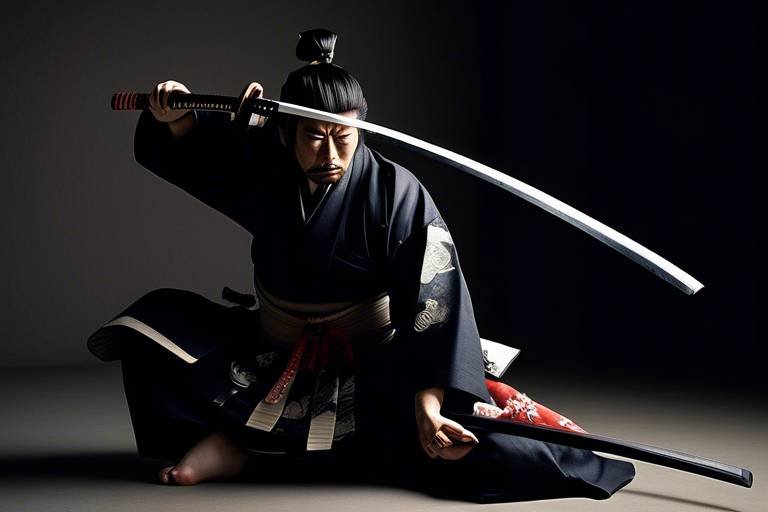The Influence of Ancient Egypt on Modern Culture
Ancient Egypt, with its fascinating history and rich cultural heritage, continues to exert a profound influence on modern society in various aspects. From art and architecture to religion and technology, the legacy of Ancient Egypt echoes through time, shaping contemporary culture in unexpected ways.
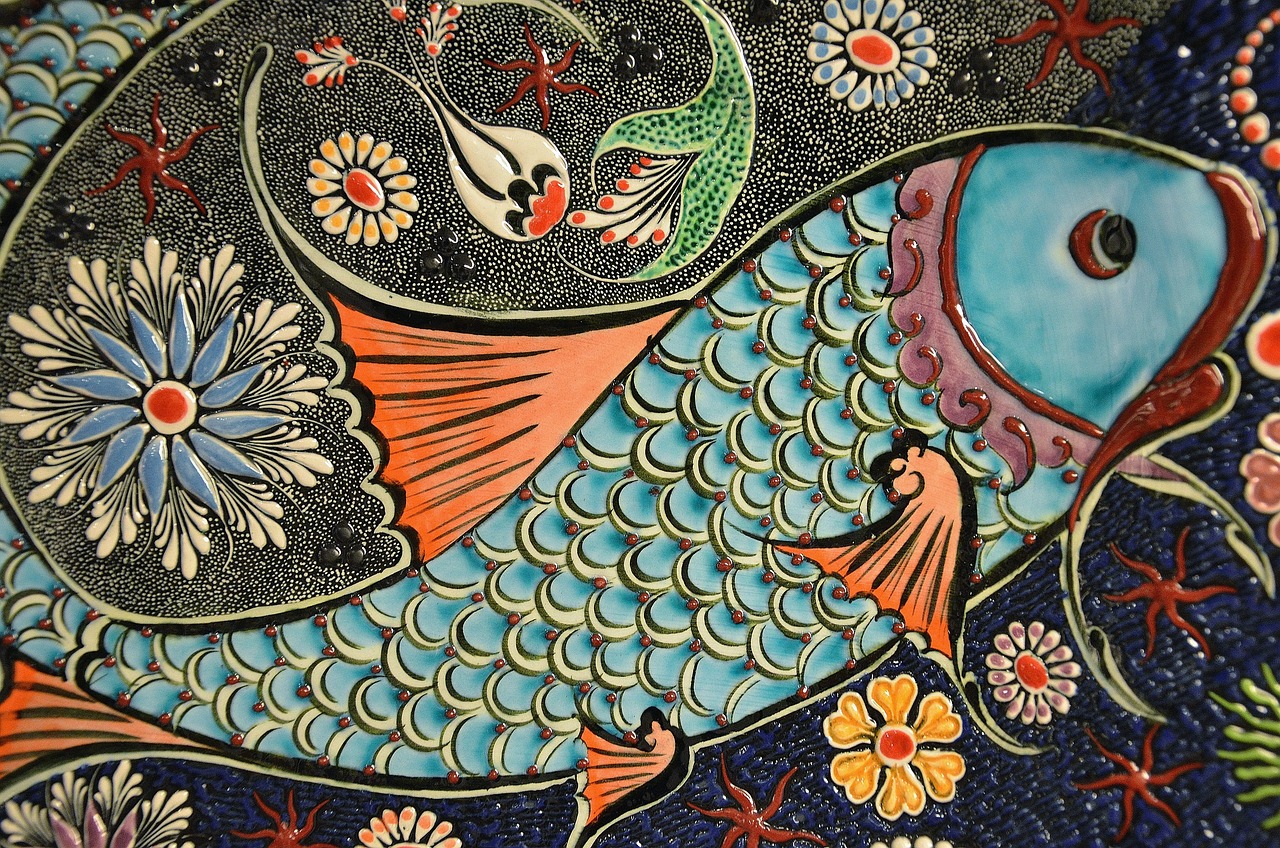
Art and Design
When delving into the realm of art and design, the profound influence of Ancient Egypt emerges as a timeless beacon of creativity and symbolism. The intricate motifs, symbols, and aesthetics of this ancient civilization have seamlessly integrated into modern artistic expressions, fashion trends, and interior design concepts. From the majestic depictions of pharaohs and deities to the iconic use of hieroglyphics, the artistry of Ancient Egypt continues to captivate and inspire contemporary artists and designers worldwide.
The use of bold colors, geometric patterns, and symbolic imagery reminiscent of Ancient Egyptian art can be observed in various forms of modern art, ranging from paintings and sculptures to digital creations and street art. The enduring appeal of these visual elements lies in their ability to convey profound meanings and evoke a sense of mystery and grandeur, transcending time and cultural boundaries.
Moreover, the influence of Ancient Egyptian design extends beyond the realm of visual arts into the world of fashion and interior decor. From runway collections featuring pyramid-inspired silhouettes to home decor items adorned with scarab motifs, the echoes of this ancient civilization can be seen in contemporary trends that blend historical aesthetics with modern sensibilities.
By incorporating elements of Ancient Egyptian art and design into their work, creatives pay homage to a culture that revered beauty, craftsmanship, and spirituality. The fusion of past and present aesthetics not only enriches the artistic landscape but also serves as a reminder of the enduring legacy of Ancient Egypt in shaping our visual language and creative identity.
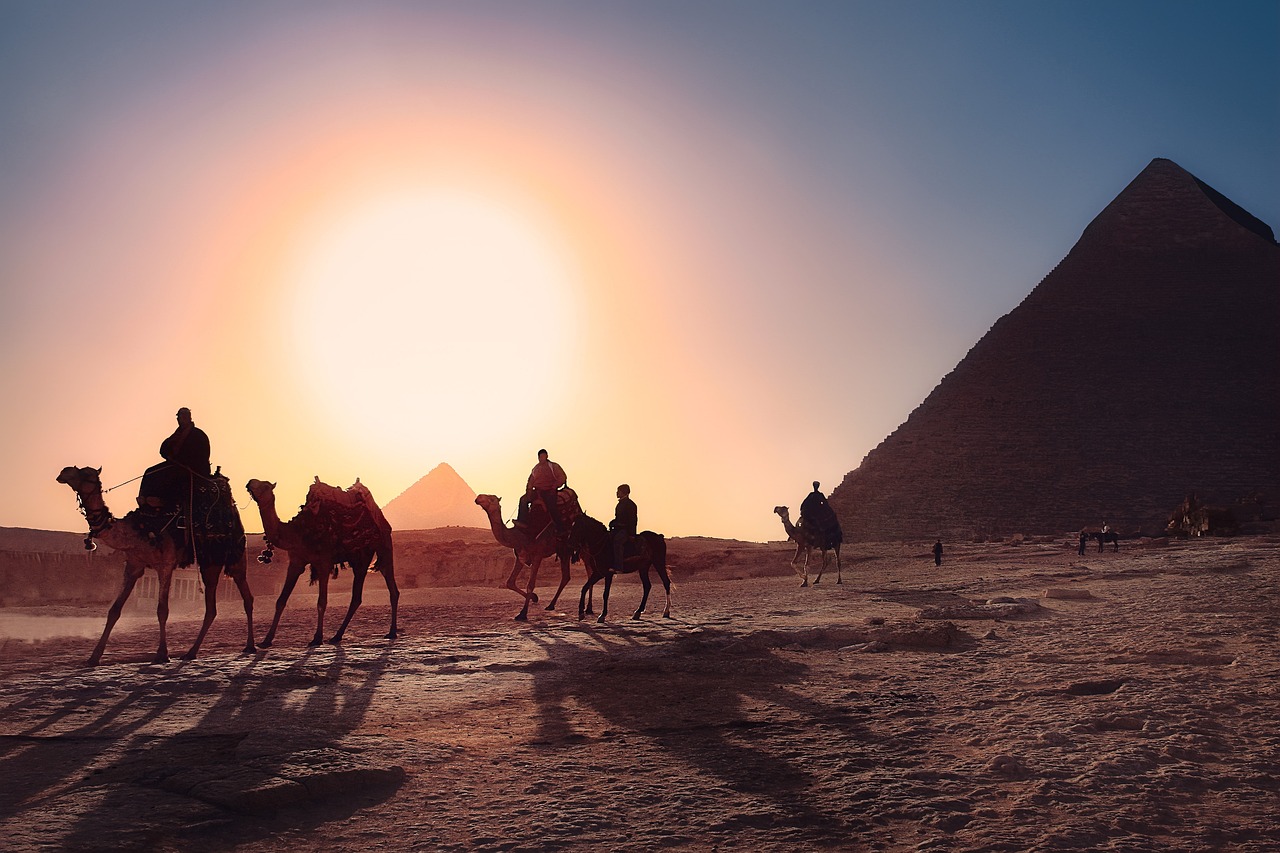
Architecture
The architecture of Ancient Egypt continues to captivate and influence modern building designs and structures around the world. The iconic structures such as the pyramids, temples, and tombs have left a lasting legacy on architectural aesthetics and engineering marvels. The grandeur and symmetry seen in Ancient Egyptian architecture have inspired contemporary architects to incorporate similar elements in their creations, symbolizing power, eternity, and spiritual beliefs.
Ancient Egyptian architectural features like massive stone blocks, intricate carvings, and obelisks have been emulated in modern buildings and monuments, showcasing a blend of historical reverence and innovative design. The use of columns, pylons, and hieroglyphic decorations in Ancient Egyptian temples has influenced the design of religious and civic structures globally, creating a sense of timelessness and cultural connection.
Moreover, the concept of building monumental structures aligned with celestial bodies, such as the alignment of the Great Pyramid with the cardinal points, has sparked interest and admiration among contemporary architects and astronomers. The precision and mathematical knowledge displayed in Ancient Egyptian architecture have paved the way for modern construction techniques and structural engineering advancements.
By studying and appreciating the architectural achievements of Ancient Egypt, architects and designers today draw inspiration from the harmonious blend of art, symbolism, and functionality present in ancient structures. The enduring legacy of Ancient Egyptian architecture serves as a testament to human ingenuity and creativity, bridging the gap between the past and the present in a visually striking and intellectually stimulating manner.

Religion and Mythology
Exploring how the rich history, art, architecture, and beliefs of Ancient Egypt continue to impact and inspire various aspects of contemporary culture worldwide.
When delving into the realm of Ancient Egyptian religion and mythology, one cannot help but be captivated by the mystical allure that has transcended centuries. The pantheon of gods and goddesses, with their intricate stories and symbolic representations, continues to intrigue artists, writers, and filmmakers alike. The enigmatic figures of Osiris, Isis, Horus, and Anubis have found their way into modern literature, films, and even video games, perpetuating a fascination with the divine and the afterlife.
The enduring legacy of Ancient Egyptian mythology can also be seen in popular culture through the exploration of themes such as resurrection, judgment after death, and the eternal struggle between good and evil. These timeless concepts resonate with audiences globally, reflecting a universal fascination with the mysteries of existence and the supernatural.
Moreover, the intricate hieroglyphic inscriptions and depictions of mythological scenes on temple walls and tombs serve as a visual feast for contemporary artists and designers. The iconic imagery of the Eye of Horus, the Ankh, and the Sphinx continues to inspire modern interpretations, blending ancient symbolism with contemporary aesthetics.
Q: How did Ancient Egyptian religion influence modern spiritual beliefs?
A: The concepts of an afterlife, judgment, and a pantheon of gods and goddesses in Ancient Egyptian religion have influenced modern spiritual beliefs, inspiring themes of resurrection, divine justice, and the eternal soul.
Q: Are there any famous movies or books inspired by Ancient Egyptian mythology?
A: Yes, several famous movies and books draw inspiration from Ancient Egyptian mythology, such as "The Mummy" film series and novels like "The Kane Chronicles" by Rick Riordan.
Q: How did Ancient Egyptian mythology impact art and design in modern times?
A: Ancient Egyptian mythology has had a profound influence on art and design in modern times, with motifs, symbols, and themes from the ancient pantheon being integrated into various creative expressions, from fashion to interior design.
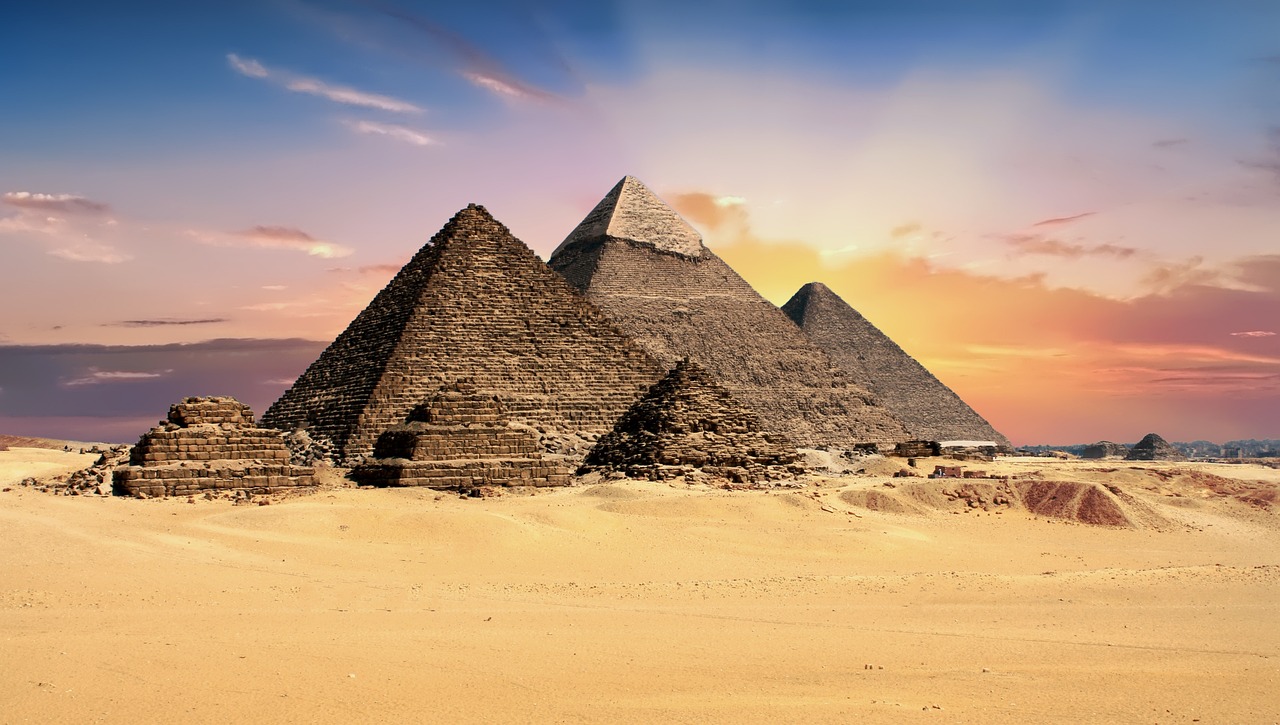
Language and Writing
Language and writing have always been essential components of human civilization, serving as vehicles for communication and expression. In the context of Ancient Egypt, the significance of hieroglyphics goes beyond mere symbols; they represent a complex system of writing that has intrigued scholars and artists for centuries. The intricate nature of hieroglyphics has influenced modern typography and graphic design, with their symbols often used to convey deeper meanings and messages in various forms of visual communication.
Ancient Egyptian hieroglyphics, with their pictorial representations and symbolic meanings, have left a lasting legacy in the realm of symbolism. The use of symbols in communication, whether in advertising, branding, or art, can be traced back to the rich visual language of hieroglyphics. The ability of symbols to transcend linguistic barriers and convey universal concepts is a testament to the enduring influence of Ancient Egyptian writing on modern visual communication.
Moreover, the decipherment of hieroglyphics has opened up new avenues of exploration in the fields of archaeology and linguistics. The study of Ancient Egyptian writing has provided valuable insights into the culture, beliefs, and daily life of this ancient civilization. By unraveling the mysteries of hieroglyphics, scholars have been able to piece together the narrative of Ancient Egypt and shed light on its contributions to the development of writing systems.
From a cultural perspective, the use of hieroglyphics in contemporary art and design pays homage to the artistic achievements of Ancient Egypt. Artists and designers often draw inspiration from the aesthetic beauty and symbolic depth of hieroglyphics, incorporating elements of this ancient writing system into their creations. This fusion of past and present not only bridges the gap between different time periods but also serves as a reminder of the enduring legacy of Ancient Egyptian culture in the modern world.
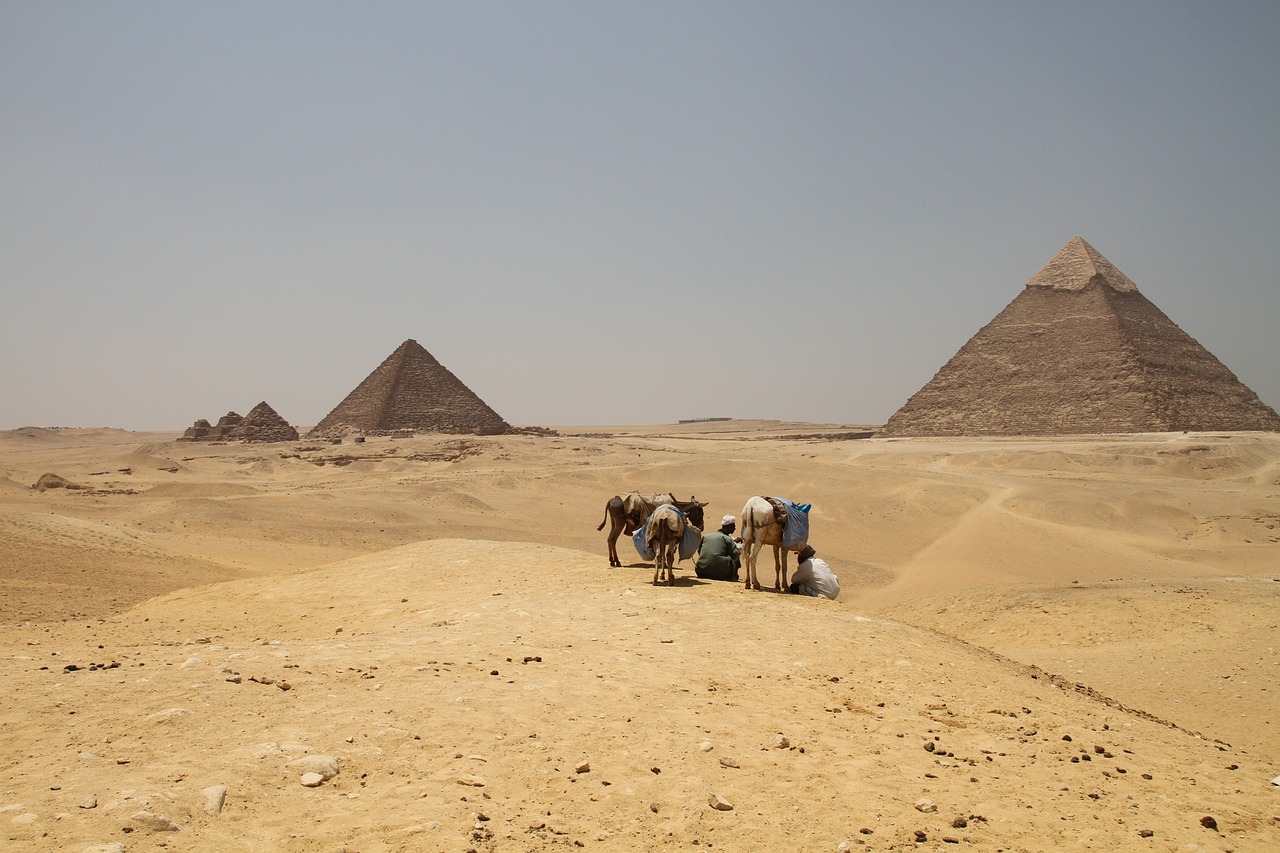
Science and Technology
Science and Technology have been greatly influenced by the ancient knowledge and discoveries of Egypt. The Egyptians made significant advancements in various fields that continue to impact modern scientific research and technological innovations. For example, their expertise in astronomy is evident in the alignment of the pyramids with celestial bodies, showcasing their deep understanding of the cosmos.
Moreover, the Egyptians excelled in mathematics, developing sophisticated systems for measurement, geometry, and calculations. These mathematical principles laid the foundation for many scientific disciplines today, influencing fields such as physics, engineering, and computer science. The precision and accuracy demonstrated in ancient Egyptian constructions reflect their advanced mathematical skills.
In the realm of medicine, Ancient Egypt made notable contributions to healthcare practices and pharmacology. The use of herbal remedies, surgical techniques, and medical instruments in ancient Egyptian society paved the way for modern medical advancements. The Ebers Papyrus, one of the oldest medical texts, contains valuable information on various diseases, treatments, and anatomical knowledge.
Furthermore, the Egyptians' understanding of anatomy and physiology, though based on religious beliefs, provided valuable insights that continue to benefit medical research today. Their emphasis on preserving the body through mummification not only reflected their spiritual beliefs but also contributed to the early study of human anatomy.
When we look at technology, the Ancient Egyptians were pioneers in various engineering feats, such as the construction of massive structures like the pyramids and temples. The architectural marvels of ancient Egypt, built with precision and ingenuity, serve as a testament to their engineering prowess. The innovative techniques used in quarrying, transportation, and construction have inspired modern construction practices and architectural designs.
Overall, the legacy of Ancient Egypt in the fields of science and technology is profound, with their knowledge and innovations continuing to shape our understanding of the world and drive advancements in various scientific disciplines.
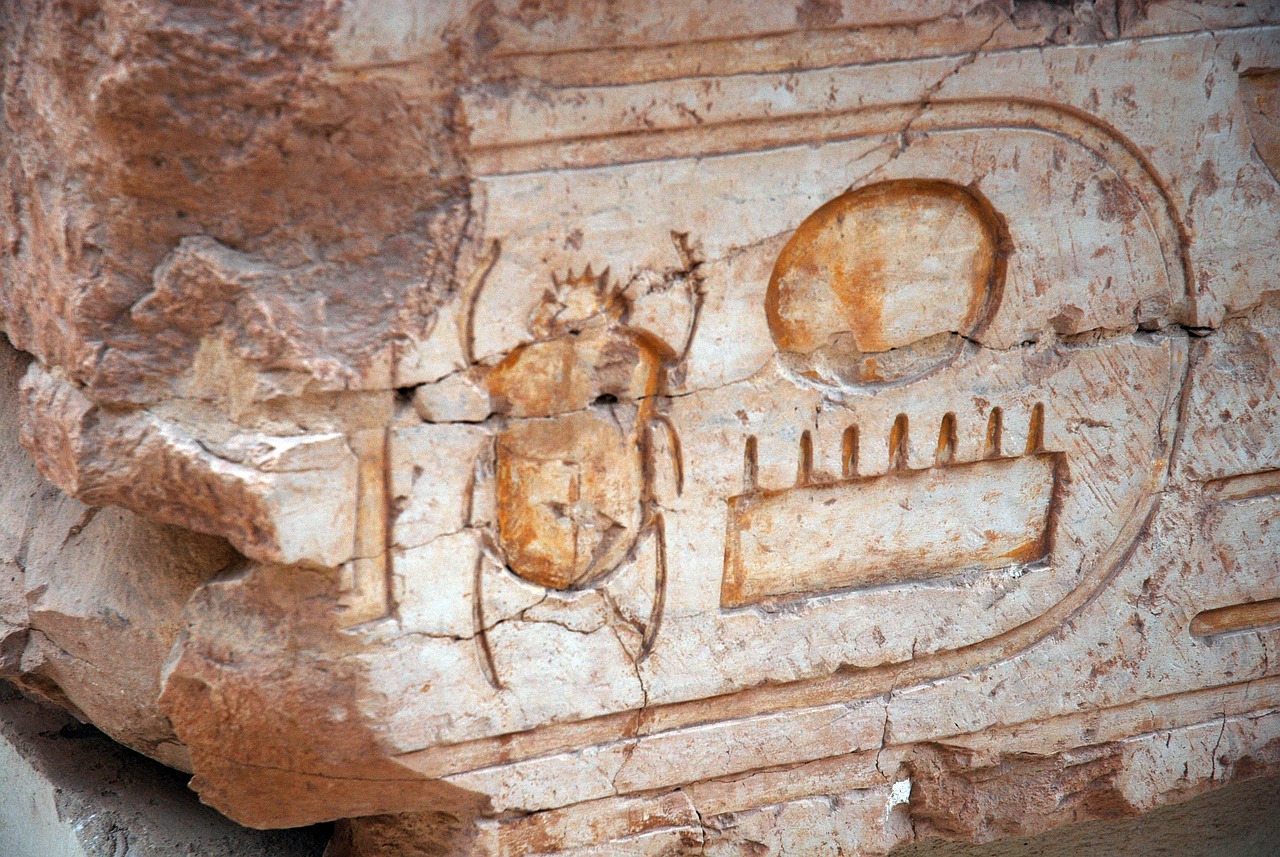
Cuisine and Agriculture
Ancient Egyptian cuisine and agriculture have left a flavorful and lasting impact on modern food culture and farming practices. The fertile lands surrounding the Nile River provided the ancient Egyptians with a bountiful array of ingredients that continue to influence culinary traditions worldwide. From grains like wheat and barley to fruits such as figs and dates, the staples of ancient Egyptian diets have found their way into contemporary dishes, adding depth and richness to modern gastronomy.
Moreover, the agricultural techniques developed by the ancient Egyptians, such as irrigation systems and crop rotation, laid the foundation for sustainable farming practices still utilized today. The meticulous planning and cultivation methods of the past have proven to be timeless, offering valuable insights into efficient and productive agriculture in the present day.
One notable aspect of ancient Egyptian cuisine was the significance of bread, considered a staple food in their diet. The art of breadmaking was highly revered, with various types of bread crafted for different occasions and social classes. This emphasis on bread as a symbol of sustenance and community has transcended time, with bakeries and bread varieties continuing to play a vital role in culinary cultures globally.
Furthermore, the ancient Egyptians' reverence for the land and its resources is reflected in the spiritual and symbolic significance they attributed to agriculture. The connection between the cycles of nature, the annual flooding of the Nile, and the growth of crops held profound meaning in their belief system, emphasizing the importance of harmony between humans and the environment.
In modern times, the legacy of ancient Egyptian cuisine and agriculture can be seen in the promotion of organic farming, the utilization of ancient grains, and the celebration of locally sourced ingredients. By embracing the principles of sustainability, seasonality, and respect for the land, contemporary food enthusiasts and farmers alike pay homage to the enduring wisdom of the ancient Egyptians in nourishing both body and soul.

Music and Dance
Music and dance have always been integral parts of human culture, serving as forms of expression, storytelling, and celebration. When we delve into the roots of these art forms, we can't overlook the profound influence that Ancient Egypt has had on modern music and dance. The rhythmic patterns and melodic structures of Ancient Egyptian music have resonated through the ages, inspiring contemporary compositions and performances.
Ancient Egyptian music was not just about entertainment; it held deep spiritual and ceremonial significance. The use of instruments such as harps, flutes, drums, and lyres created a rich tapestry of sounds that accompanied religious rituals, festivities, and even daily life. These ancient musical traditions have left a lasting imprint on the musical landscape of today.
Similarly, the art of dance in Ancient Egypt was intertwined with religious beliefs and cultural practices. Dance was a form of worship, a way to honor the gods, and a means of storytelling. The graceful movements and symbolic gestures of Ancient Egyptian dance have influenced modern choreography, with echoes of this ancient art form found in ballet, contemporary dance, and even popular music videos.
Just as music and dance were inseparable in Ancient Egypt, their fusion continues to captivate audiences worldwide. The mesmerizing rhythms, intricate footwork, and emotive storytelling of Ancient Egyptian dance have transcended time, finding new interpretations and adaptations in the diverse dances of today. The legacy of Ancient Egypt lives on in the harmonies of music and the poetry of movement, connecting us to a cultural heritage that spans millennia.

Education and Philosophy
Ancient Egypt's influence on education and philosophy is profound, shaping the way we approach learning and contemplate the mysteries of life. In the realm of education, the ancient Egyptians valued knowledge and wisdom, establishing formal schools to educate the elite in subjects like mathematics, medicine, and astronomy. These educational practices laid the foundation for modern educational systems, emphasizing the importance of intellectual development and critical thinking.
Moreover, the philosophical beliefs of Ancient Egypt, centered around concepts of Ma'at (harmony and balance) and the afterlife, continue to resonate in contemporary philosophical thought. The idea of living in harmony with oneself and the universe reflects in modern ethical principles and personal development philosophies. Additionally, the Egyptian belief in the eternal soul and the journey to the afterlife has influenced various spiritual and religious ideologies, sparking contemplation on the nature of existence and the meaning of life.
Frequently Asked Questions
- What is the significance of Ancient Egyptian art and design in modern culture?
Ancient Egyptian art and design have a profound influence on modern culture, with motifs, symbols, and aesthetics being integrated into various forms of creative expression such as art, fashion, and interior design. This timeless influence reflects the enduring appeal and beauty of Ancient Egyptian artistic traditions.
- How has Ancient Egyptian architecture shaped modern buildings and monuments?
Ancient Egyptian architectural elements and structures, inspired by temples and pyramids, have influenced modern architecture globally. The grandeur and precision of Ancient Egyptian construction techniques continue to inspire awe and admiration in contemporary architectural designs.
- Why are Ancient Egyptian religion and mythology still popular in modern culture?
The fascination with Ancient Egyptian gods, goddesses, and myths persists in literature, films, and popular culture due to their mystical and spiritual appeal. The enduring interest in Ancient Egyptian beliefs reflects a deep connection to ancient wisdom and symbolism.
- How did Ancient Egyptian hieroglyphics impact modern typography and symbolism?
Ancient Egyptian hieroglyphics have left a lasting legacy in modern typography, graphic design, and symbolism. The intricate characters and pictorial language of hieroglyphics continue to inspire creativity and innovation in visual communication.
- What influence did Ancient Egyptian knowledge have on contemporary science and technology?
Ancient Egyptian knowledge in areas like astronomy, mathematics, and medicine has influenced contemporary scientific research and technological advancements. The ancient wisdom of Egypt continues to contribute to modern innovations and discoveries.
- How do Ancient Egyptian culinary traditions impact modern diets and farming practices?
The culinary traditions and agricultural practices of Ancient Egypt have left a mark on modern diets, ingredients, and farming techniques worldwide. The rich heritage of Egyptian cuisine and agriculture continues to shape culinary experiences and sustainable farming practices.
- What role does Ancient Egyptian music and dance play in contemporary compositions and performances?
Ancient Egyptian music and dance forms have inspired rhythmic patterns, instruments, and choreography in contemporary compositions and performances. The influence of Ancient Egyptian musical traditions can be seen in the diversity and creativity of modern music and dance genres.
- How do the educational systems and philosophical teachings of Ancient Egypt inspire modern society?
The educational systems and philosophical teachings of Ancient Egypt continue to inspire learning methodologies, intellectual pursuits, and ethical principles in modern society. The wisdom and insights of ancient Egyptian scholars resonate in contemporary educational practices and philosophical thought.

















